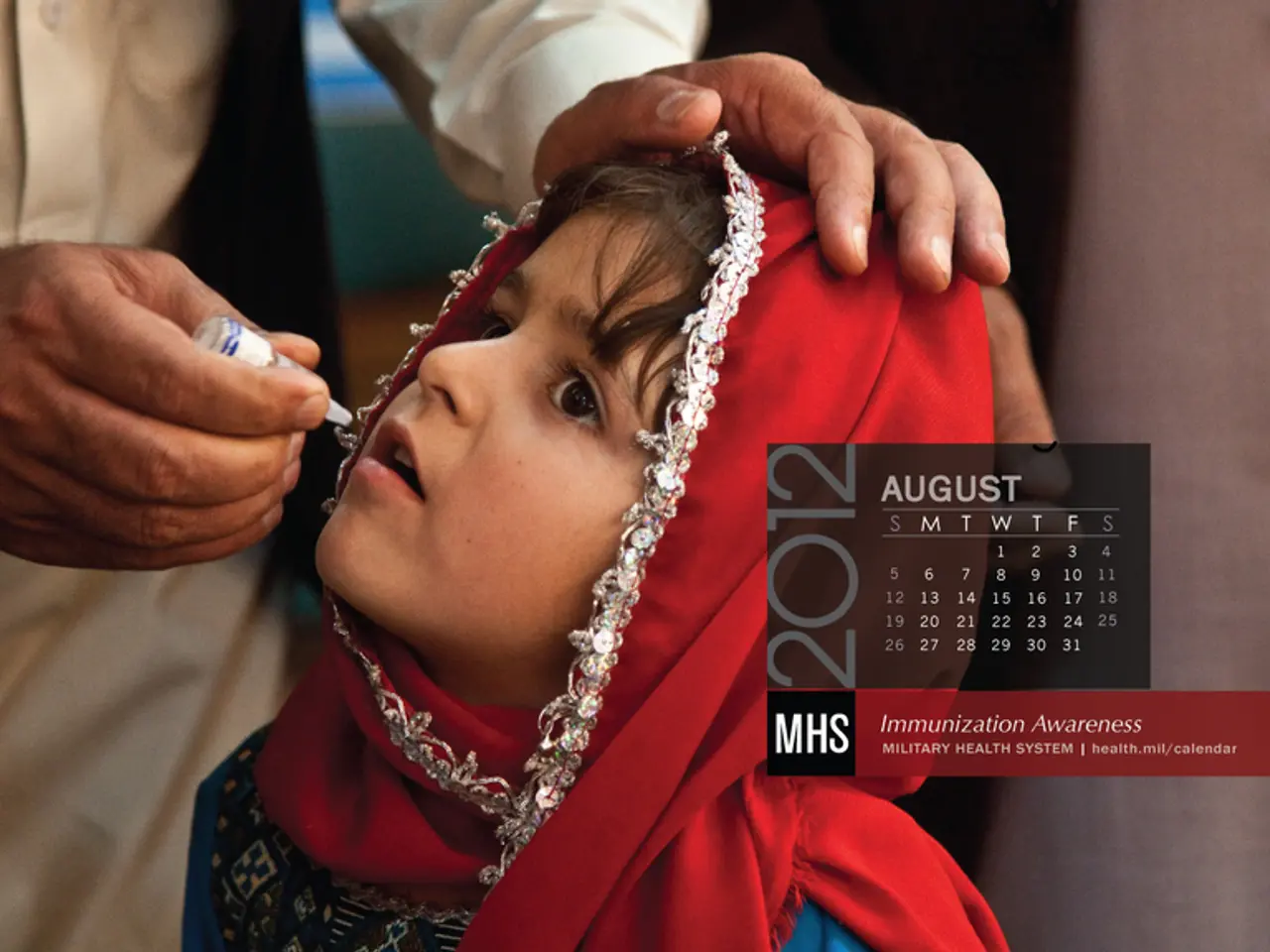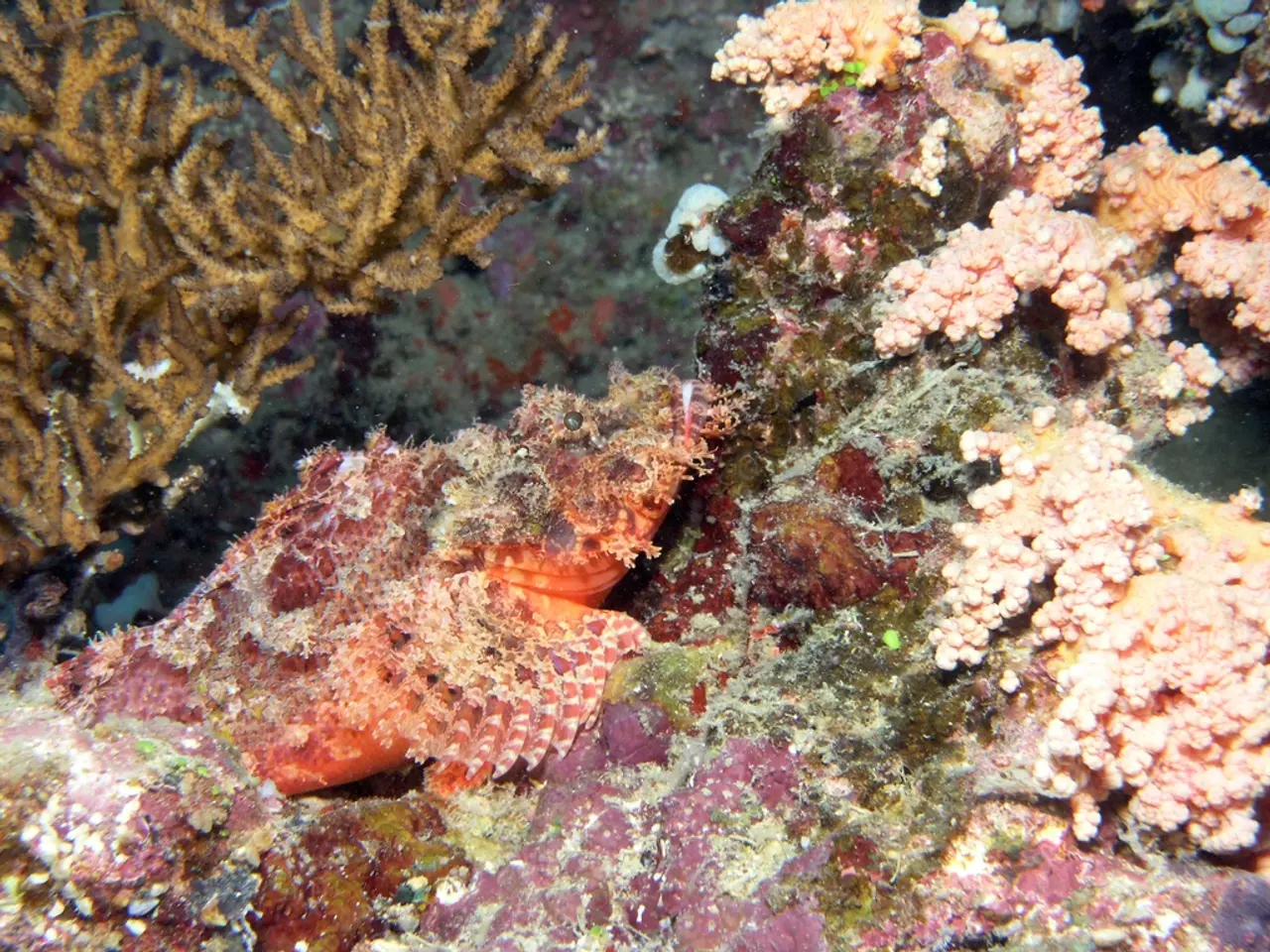European Commission unleashes health funds, however, civil society suffers significant reductions
EU4Health 2025 Work Programme Cuts Operating Grants for Health NGOs, Causing Funding Crisis
The European Commission's recent publication of the EU4Health 2025 Work Programme has sparked controversy, as it includes significant cuts to operating grants for health Non-Governmental Organisations (NGOs). This decision has led to critical funding cuts for these organisations, causing layoffs, halting key activities, and creating lasting damage to civil society health organisations working under the EU4Health program.
The European Public Health Alliance (EPHA) has publicly expressed deep regret over the removal of operating grants, emphasising that this cuts the foundational support for health NGOs. Civil society organisations report that the funding gaps caused by this removal have caused delays, forced staff reductions, and constrained their ability to deliver vital health services and advocacy within the EU framework.
The EU4Health 2025 budget retains some funding but largely excludes operational grants for NGOs, offering few alternatives, which exacerbates the financial instability of these organisations. This situation aligns with broader challenges in international health and aid funding, as noted in 2025 reports on diminished commitments and increasing funding gaps for health programs globally and in Europe.
In response, some NGOs and networks have urged the EU Commission to reconsider funding structures, including calls to reduce co-funding requirements for operational grants to better support civil society sustainability.
Milka Sokolović, director general of the European Public Health Alliance (EPHA), stated that EPHA has been forced to cut its staff by 40% this year due to the uncertainty and reduced funding. The absence of operating grants has pushed health civil society organisations into survival mode, with many now questioning whether public health remains a true EU priority in the absence of core support for NGOs.
Virginie Bros-Facer, CEO of EURORDIS, the European organisation representing patients with rare diseases, has also criticised the cuts. Florence Berteletti from the European Alcohol Policy Alliance has stated that operating grants represent only a marginal share of the EU health budget (1%).
The Commission's funding of NGOs is seen as a means to balance the influence of wealthier private lobbies by Sokolovic. The new programme eliminates operating grants, leaving only action grants. This has raised concerns that commercial interests may dominate EU decision-making without the Commission's funding of NGOs.
There is a broader concern that civil society is being sidelined, with right-wing criticism of the Commission's funding of environmental NGOs creating a climate seen as increasingly hostile to non-profit organisations. The reduced space for health actions in the EU's priorities compared to the launch of EU4Health is a further cause for concern.
In summary, the removal of operating grants under EU4Health 2025 has compromised the operational capacity of health NGOs in Europe, causing layoffs and program interruptions due to a lack of stable funding. The NGOs and allied organisations are actively advocating for policy adjustments to restore or replace this critical core funding.
[1] European Public Health Alliance (EPHA) - https://www.epha.org/ [2] EURORDIS - https://www.eurordis.org/ [3] European Alcohol Policy Alliance - https://www.eurocare.org/ [4] World Health Organization - https://www.who.int/ [5] European Commission - https://ec.europa.eu/info/
- The removal of operating grants for health NGOs in the EU4Health 2025 Work Programme has resulted in a funding crisis, leading to layoffs and halting key activities within the health sector, prompting calls for policy reconsideration and restoration of core funding for health-and-wellness advocacy.
- The decisions made in the EU4Health 2025 policy-and-legislation have raised concerns about a potential shift in EU priorities, with some viewing the elimination of operating grants as an opportunity for commercial interests to dominate decision-making, impacting general-news and health-and-wellness sectors under the EU framework.




